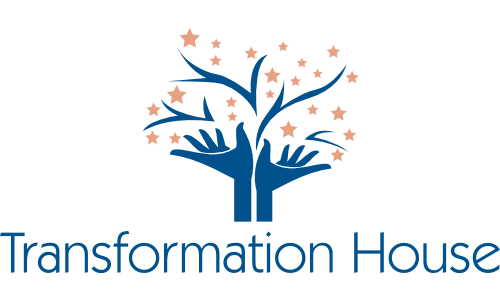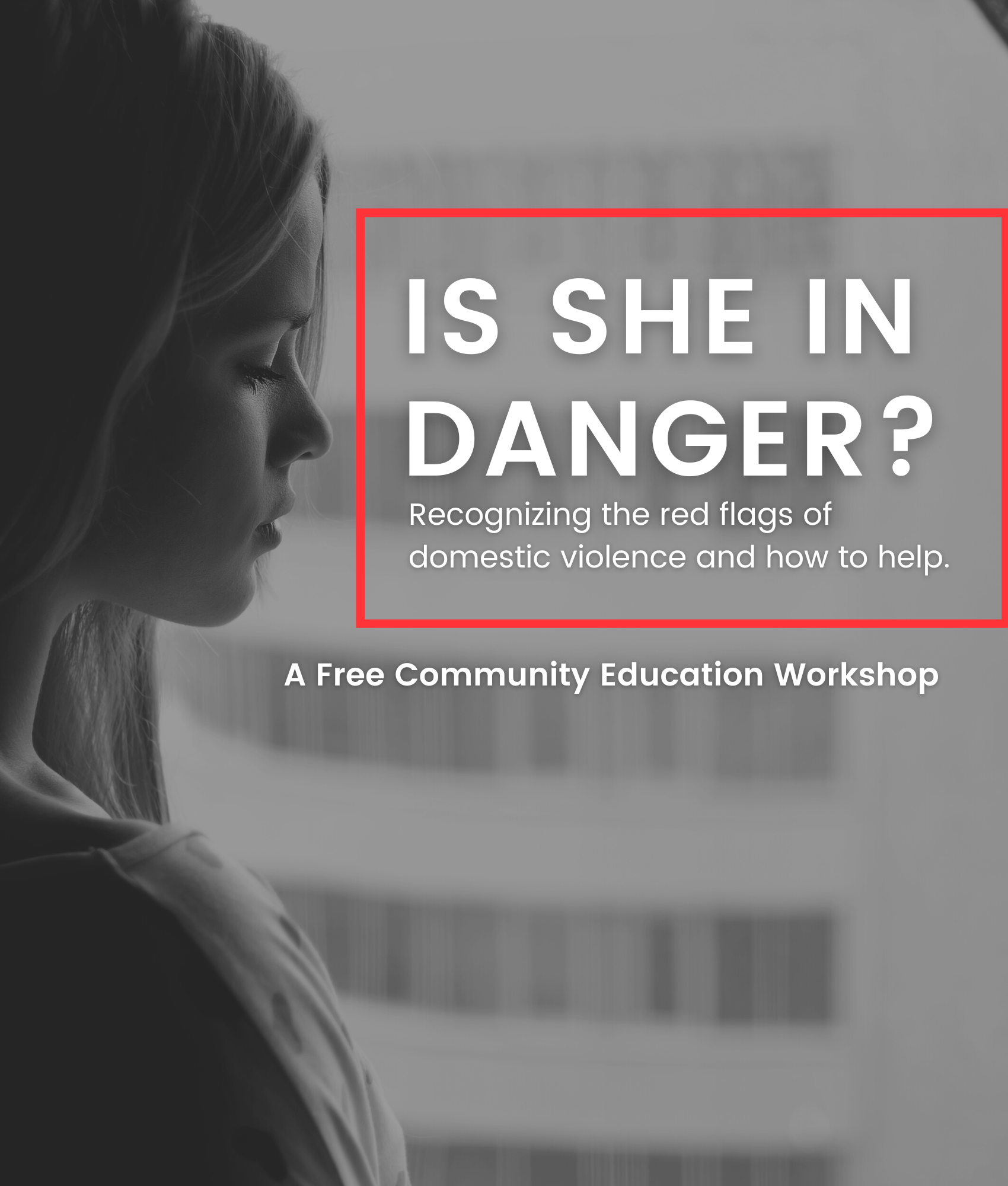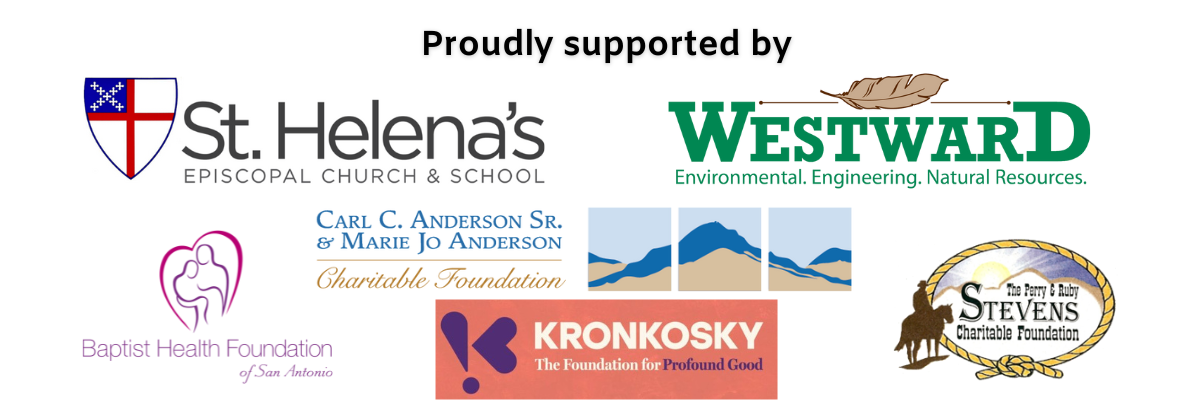OUR SERVICES
Residential Services
Therapy
Trauma informed care must include both organizational and clinical components. There are several research based treatments that can be used with patients who are struggling with the effects of their trauma. Examples are EMDR, DBT and play therapy.
All of our residents, (both kids and adults) work with a licensed therapist to find healing.
Transitional Housing
Transitional Housing is a residential program intended for families who need a safe haven from which to access our other services. Families in our residential program stay for an average of eighteen months while they work to heal and rebuild their lives.
Financial independence, while not our only goal for our residents, is an essential piece of a self sufficient family. Therefore each of our families is working and saving, or training for future position that will allow them to earn a living wage.
Individuals who are interested in knowing more about our transitional program can request more information.
Case Management
Our case management team works with our clients to identify their goals. Once long term goals have been identified, an individual plan is created for each family. The case management team provides referrals, resources and support to our clients.
Each family is unique and therefore each plan is unique, but frequent needs include parenting classes, financial literacy training and basic computer skills.
Therapy
Our nonresidents are able to access the same clinical services that we offer to our residents. Adult therapy and play therapy are available at no cost to the family.
Case Management
We understand how complicated and challenging it can be to cope with all of the challenges of day to day life, especially as a newly single parent or someone who has experienced trauma. Symptoms of trauma can be mistaken for other issues and can include headaches, insomnia and difficulty concentrating, all of which can make daily tasks challenging.
Nonresidential
Services
Women and children in the Texas Hill Country who are stably housed but dealing with the effects of trauma and abuse can apply for our nonresidential services. Residential applicants who are on our waitlist are also eligible to participate in our nonresidential program.
Trainings and Community Outreach
FAQS
Got questions? We’ve got answers.
Abuse
Residential Program
Trauma
Client Centered Services
We offer an extensive array of coordinated, wrap-around services.
We understand how complicated and challenging it can be to cope with all of the challenges of day to day life, especially as a newly single parent or someone who has experienced trauma. Symptoms of trauma can be mistaken for other issues and can include headaches, insomnia and difficulty concentrating, all of which can make daily tasks challenging.
We also know that it is important to support both generations in a family simultaneously.



